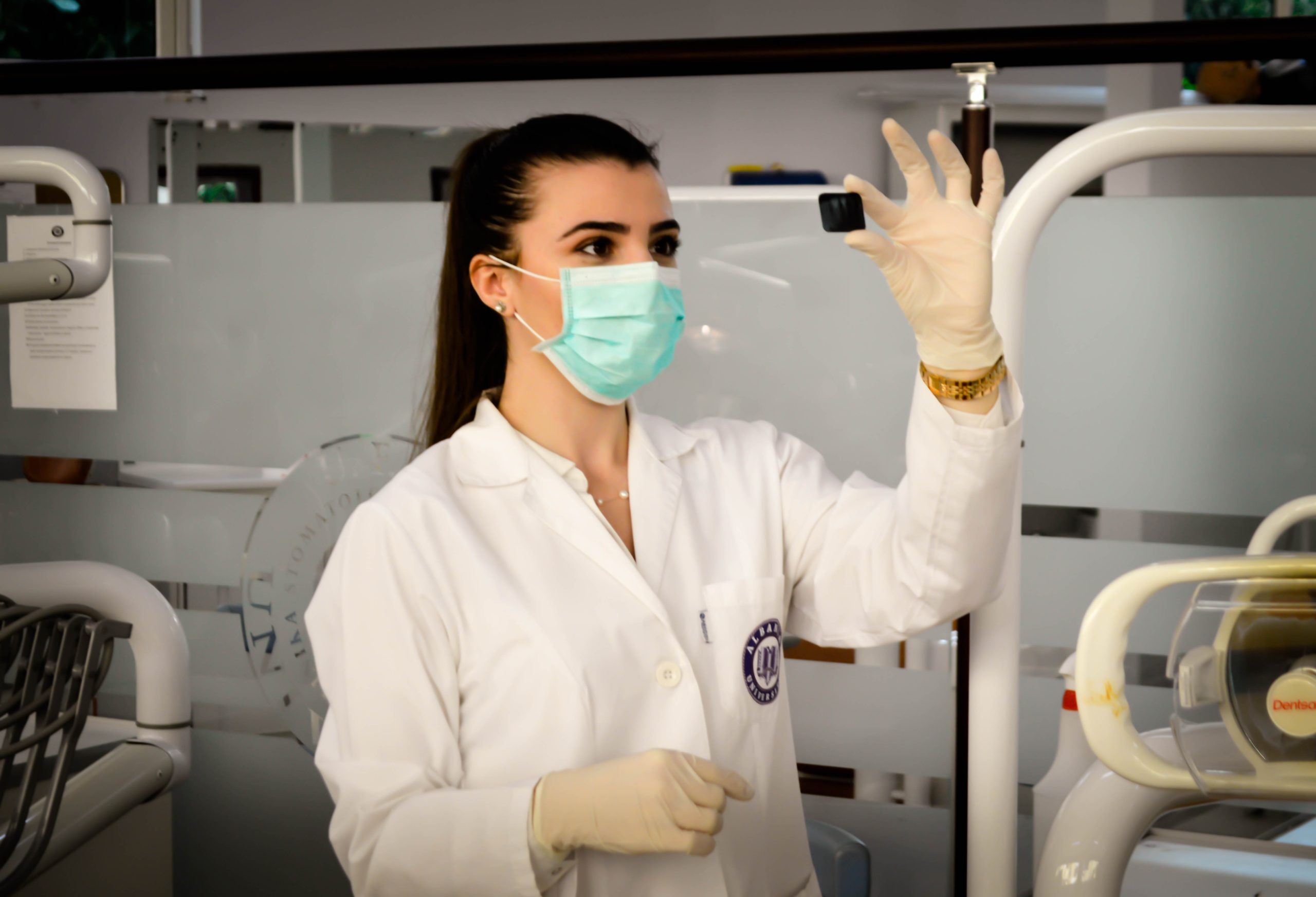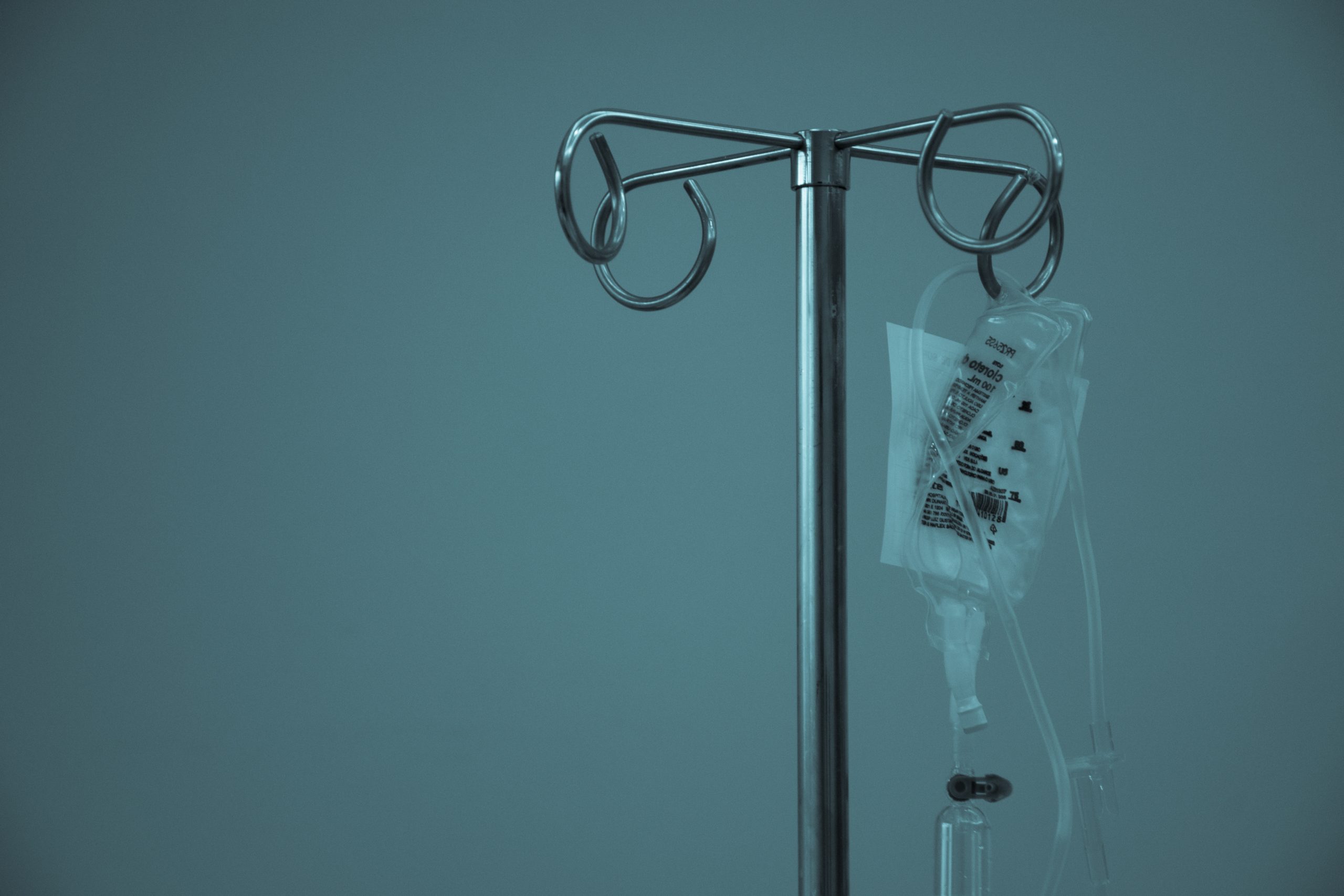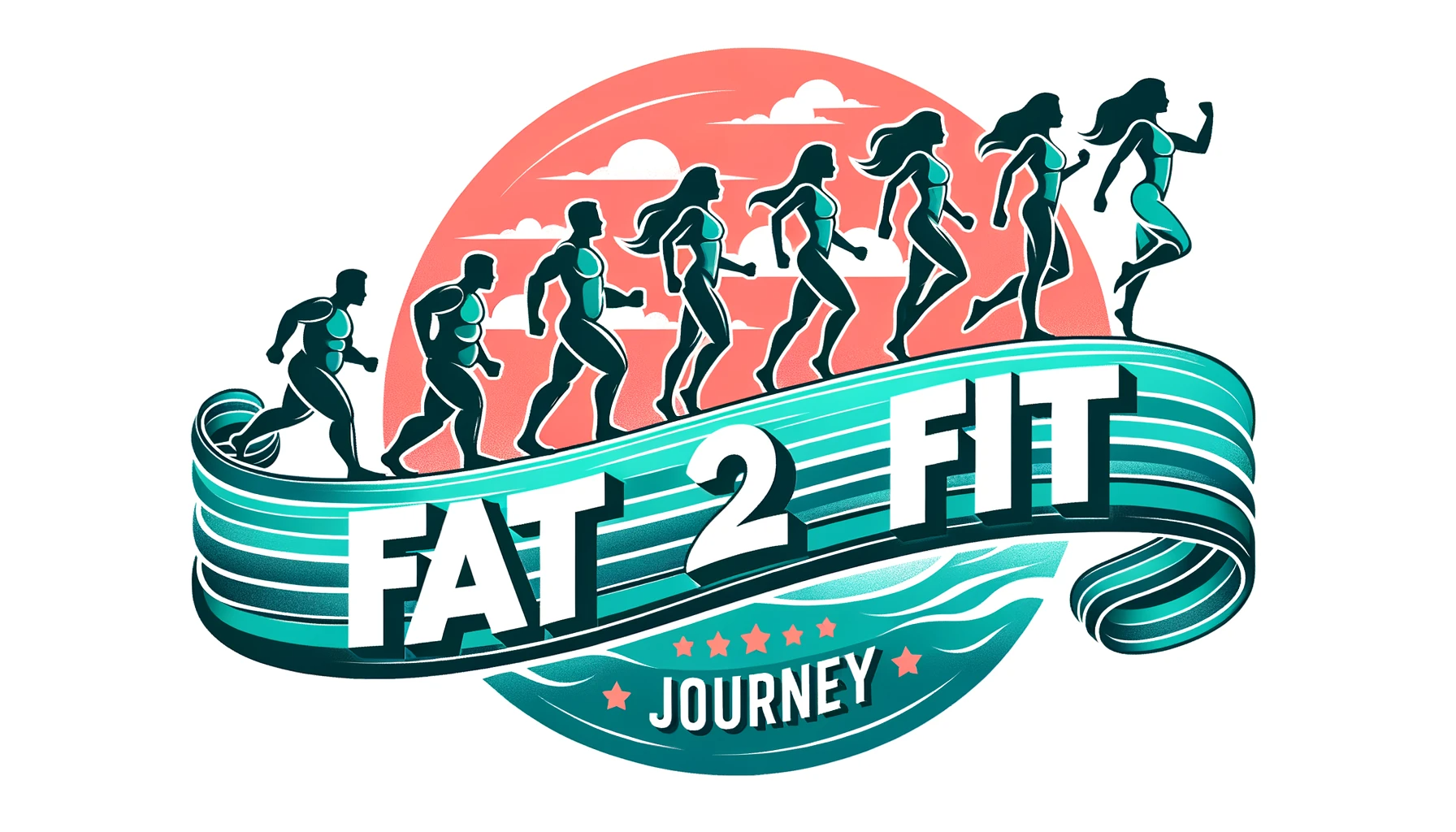In this article, you will discover effective and simple dietary strategies that can help you naturally boost your testosterone levels. Whether you are interested in improving your athletic performance, increasing your energy levels, or enhancing your overall well-being, these strategies offer a natural and healthy way to optimize your testosterone production. By making smart food choices and incorporating key nutrients into your diet, you can support your body’s testosterone production and enjoy the benefits of increased vitality and strength. Say goodbye to expensive supplements and hello to these dietary strategies that will help you take control of your health.

Table of Contents
1. Importance of Testosterone Levels
Testosterone is a hormone that plays a crucial role in the body, especially for men. It is responsible for various functions, including muscle growth, bone density, sexual function, and mood regulation. Maintaining optimal testosterone levels is essential to support overall health and well-being.
1.1 Understanding Testosterone
Testosterone is a hormone primarily produced in the testes in men and in smaller amounts in women’s ovaries and adrenal glands. It belongs to a group of hormones called androgens and is known as the primary male sex hormone. Testosterone levels naturally decline with age, but various factors can also affect its production.
1.2 Role of Testosterone in the Body
Testosterone plays a vital role in maintaining physical and mental health. It is responsible for the development of male reproductive tissues and secondary sexual characteristics, such as facial and body hair growth, deepening voice, and increased muscle mass. Additionally, testosterone helps regulate libido, bone density, fat distribution, red blood cell production, and mood stability.
2. Factors Affecting Testosterone Levels
Several factors can influence testosterone levels, both positively and negatively. Understanding these factors can help you make informed choices to optimize your testosterone levels.
2.1 Age
Testosterone levels tend to decrease naturally with age. In men, testosterone production typically starts declining at around age 30. The rate at which testosterone declines can vary from person to person. However, maintaining a healthy lifestyle and adhering to dietary strategies can help mitigate the age-related decline in testosterone levels.
2.2 Lifestyle Choices
Certain lifestyle choices can have a significant impact on testosterone levels. Factors such as diet, exercise, and sleep quality play a crucial role in maintaining optimal hormone balance. Making positive lifestyle choices can help support healthy testosterone production.
2.3 Stress Levels
Chronic stress can negatively affect testosterone levels. When you’re under prolonged or excessive stress, the body produces higher levels of cortisol, a stress hormone that can interfere with testosterone production. Managing stress through relaxation techniques like meditation, deep breathing exercises, and regular physical activity can help maintain healthy testosterone levels.
2.4 Sleep Quality
Adequate sleep is essential for overall health and hormone balance, including testosterone production. Lack of sleep or poor sleep quality can disrupt normal hormonal function and lead to decreased testosterone levels. Aim for 7-9 hours of uninterrupted sleep each night to support optimal testosterone production.
2.5 Exercise and Physical Activity
Regular exercise and physical activity are crucial for maintaining healthy testosterone levels. Engaging in resistance training, such as weightlifting, can stimulate testosterone production. High-intensity interval training (HIIT) has also been shown to boost testosterone levels. Aim for a combination of strength training and cardiovascular exercise for optimal hormone balance.
3. Dietary Factors Influencing Testosterone
Diet plays a significant role in testosterone production. Certain macronutrients and micronutrients are essential for maintaining healthy hormone levels.
3.1 Macronutrients and Testosterone
Balancing macronutrients, such as carbohydrates, proteins, and fats, is crucial for testosterone production. Healthy fats and adequate protein intake are especially important. A diet that includes a moderate amount of healthy fats and high-quality proteins can help support optimal testosterone levels.
3.2 Micronutrients and Testosterone
Micronutrients, including vitamins and minerals, also play a vital role in testosterone production. Zinc, magnesium, and vitamin D are particularly essential for testosterone synthesis. Ensuring you consume a diet rich in these micronutrients can help support healthy testosterone levels.
3.3 Role of Fats in Testosterone Production
Healthy fats, such as those found in avocados, nuts, seeds, and fatty fish, are essential for testosterone synthesis. These fats provide the building blocks necessary for hormone production. Including a variety of healthy fats in your diet can help maintain optimal testosterone levels.
3.4 Effects of Protein Intake on Testosterone
Adequate protein intake is crucial for muscle growth and repair, and it also plays a role in testosterone production. Including lean sources of protein, such as chicken, fish, eggs, and legumes, can help support healthy testosterone levels.
3.5 Importance of Carbohydrates for Optimal Testosterone Levels
While it’s important to balance macronutrients, carbohydrates also play a role in testosterone production. Low-carbohydrate diets or severe carbohydrate restriction may negatively impact testosterone levels. Including a moderate amount of carbohydrates, especially from whole food sources like vegetables, fruits, and whole grains, can help support optimal testosterone levels.
4. Foods that Boost Testosterone
Certain foods have been shown to have a positive impact on testosterone levels. Including these foods in your diet can help support healthy hormone production.
4.1 Cruciferous Vegetables
Cruciferous vegetables, such as broccoli, Brussels sprouts, and cauliflower, contain compounds that can help regulate estrogen levels in the body. By supporting a healthy estrogen-to-testosterone balance, these vegetables indirectly support testosterone production.
4.2 Fatty Fish and Omega-3 Fatty Acids
Fatty fish, such as salmon, mackerel, and sardines, are rich in omega-3 fatty acids, which have been shown to have positive effects on testosterone levels. Omega-3 fatty acids are anti-inflammatory and support overall health, including hormonal balance.
4.3 Eggs
Eggs are a nutrient-dense food that provides high-quality protein and essential nutrients like vitamin D and zinc. Vitamin D and zinc are both essential for testosterone production. Including eggs in your diet can be beneficial for supporting healthy testosterone levels.
4.4 Nuts and Seeds
Nuts and seeds, such as almonds, walnuts, pumpkin seeds, and flax seeds, are rich in healthy fats and micronutrients that support testosterone production. They are also convenient and can be easily incorporated into your daily diet.
4.5 Lean Meats and Poultry
Lean meats and poultry, such as chicken breast and lean cuts of beef, are excellent sources of high-quality protein. Including these protein sources in your diet can help support muscle growth and testosterone synthesis.
4.6 Legumes
Legumes, including beans, lentils, and chickpeas, are not only a great source of plant-based protein but also provide important micronutrients like zinc and magnesium. Adding legumes to your meals can help support testosterone production.
4.7 Garlic
Garlic contains a compound called allicin, which has been shown to increase testosterone levels. Including garlic in your diet can add flavor to your meals while also supporting healthy testosterone production.
4.8 Berries
Berries, such as blueberries, strawberries, and raspberries, are rich in antioxidants and other beneficial compounds. These fruits can help support overall health and hormone balance, including testosterone levels.
4.9 Citrus Fruits
Citrus fruits, such as oranges, lemons, and grapefruits, are excellent sources of vitamin C. Vitamin C is an antioxidant that helps protect the body against oxidative stress, which can negatively affect testosterone levels. Including citrus fruits in your diet can support healthy hormone production.
4.10 Dark Chocolate and Cocoa
Dark chocolate and cocoa contain flavonoids, which have been shown to have positive effects on testosterone levels. Enjoying these treats in moderation can be a delicious way to support healthy testosterone production.

5. Foods to Avoid for Optimal Testosterone Levels
While there are foods that can help boost testosterone levels, certain foods should be limited or avoided to maintain optimal hormone balance.
5.1 High-Sugar Foods and Drinks
Consuming excessive amounts of high-sugar foods and drinks can lead to insulin resistance and inflammation, which can negatively impact testosterone production. Limiting your intake of sugary foods and drinks is important for supporting healthy hormone levels.
5.2 Processed Foods and Trans Fats
Processed foods often contain unhealthy trans fats, artificial additives, and preservatives that can disrupt hormone balance. These foods should be minimized or avoided to maintain optimal testosterone levels.
5.3 Alcohol and Testosterone
Excessive alcohol consumption has been linked to decreased testosterone levels. Alcohol can interfere with hormone production and contribute to liver damage, which can further impact testosterone synthesis. Moderation is key when it comes to alcohol consumption for supporting healthy testosterone levels.
5.4 Soy Products
Soy products contain compounds called phytoestrogens, which mimic the effects of estrogen in the body. High intake of soy products may lead to imbalanced estrogen-to-testosterone ratios, potentially impacting testosterone levels. Moderate consumption of soy products is generally considered safe, but excessive amounts should be avoided.
5.5 Fast Food and Junk Food
Fast food and junk food tend to be high in unhealthy fats, sugars, and processed ingredients. These foods can contribute to weight gain, inflammation, and hormonal imbalances that may negatively influence testosterone levels. Opt for whole, nutrient-dense foods instead.
5.6 Excessive Caffeine Consumption
While moderate caffeine intake is generally safe, excessive caffeine consumption can lead to increased cortisol levels, which can interfere with testosterone production. Monitoring and moderating your caffeine intake can help support healthy testosterone levels.
6. Lifestyle Changes for Boosting Testosterone
In addition to dietary strategies, certain lifestyle changes can help boost testosterone levels.
6.1 Managing Stress Levels
Chronic stress can disrupt hormonal balance, including testosterone production. Incorporating stress management techniques like meditation, yoga, or engaging in hobbies can help reduce stress levels and support healthy testosterone production.
6.2 Regular Exercise and Physical Activity
Regular exercise, especially resistance training, has been shown to increase testosterone levels. Aim for a combination of cardiovascular exercise and strength training to support healthy hormone production.
6.3 Quality Sleep and Testosterone
Getting enough quality sleep is crucial for maintaining healthy testosterone levels. Aim for 7-9 hours of uninterrupted sleep each night to support optimal hormone synthesis.
6.4 Weight Management and Testosterone
Maintaining a healthy weight is important for testosterone production. Excess body fat, especially around the abdomen, can increase estrogen levels and lower testosterone levels. Regular exercise and a balanced diet can help support healthy weight management and hormone balance.
6.5 Limiting Alcohol Consumption
Excessive alcohol consumption has been linked to decreased testosterone levels. Limiting your alcohol intake and practicing moderation can help support healthy testosterone levels.
6.6 Quitting Smoking
Smoking has been associated with lower testosterone levels. Quitting smoking can have numerous health benefits, including supporting healthy hormone production.

7. Natural Supplements for Supporting Testosterone
In addition to dietary and lifestyle changes, certain natural supplements may help support testosterone production. It’s important to note that these supplements should be used under the guidance of a healthcare professional.
7.1 D-Aspartic Acid
D-Aspartic acid is an amino acid that has been shown to increase testosterone levels in some studies. It can be taken as a dietary supplement but should be used under the guidance of a healthcare professional.
7.2 Vitamin D
Vitamin D deficiency has been linked to low testosterone levels. Supplementing with vitamin D or increasing sun exposure can help support healthy testosterone production.
7.3 Zinc
Zinc is an essential mineral for testosterone synthesis. Supplementing with zinc or consuming foods rich in zinc, such as oysters, beef, and pumpkin seeds, can support healthy testosterone levels.
7.4 Magnesium
Magnesium is another mineral that plays a role in testosterone production. Ensuring adequate magnesium intake through dietary sources like leafy greens, nuts, and seeds can help support healthy testosterone levels.
7.5 Fenugreek Extract
Fenugreek is a herb that has been shown to have positive effects on testosterone levels. It can be consumed as a supplement or added to foods as a spice.
7.6 Ashwagandha
Ashwagandha is an adaptogenic herb that has been used in traditional medicine to support hormonal balance. Some studies suggest that ashwagandha may help increase testosterone levels.
7.7 Tribulus Terrestris
Tribulus terrestris is a plant extract that has been used in traditional medicine to enhance male sexual health. Some research suggests that it may also have a positive impact on testosterone levels.
7.8 Ginger
Ginger is a spice that has been shown to have beneficial effects on testosterone levels. Adding ginger to your meals or consuming it as a supplement can support healthy testosterone production.
8. Meal Planning Tips for Testosterone Enhancement
Planning your meals with testosterone-boosting foods in mind can help maximize the benefits. Consider the following tips:
8.1 Balancing Macronutrients in Meals
Include a balance of carbohydrates, proteins, and healthy fats in your meals. Aim for a variety of nutrient-dense foods to support healthy testosterone levels.
8.2 Prioritizing Testosterone-Boosting Foods
Make an effort to include testosterone-boosting foods in your meal planning. This can include foods like fatty fish, lean meats, eggs, nuts, seeds, and vegetables like cruciferous vegetables.
8.3 Incorporating Variety and Whole Foods
Opt for whole foods rather than processed alternatives. Include a variety of fruits, vegetables, whole grains, and lean proteins to ensure you’re getting a wide range of nutrients that support testosterone production.
8.4 Managing Calorie Intake
Maintaining a calorie balance is important for hormone regulation. Avoid extreme calorie restriction or excessive calorie intake, as both can disrupt hormone balance, including testosterone production.
8.5 Optimizing Meal Timing
Consider timing your meals strategically to support testosterone synthesis. Aim to consume a balanced meal with protein, healthy fats, and carbohydrates within an hour or two after your workout to support muscle recovery and testosterone production.
9. Additional Lifestyle and Dietary Considerations
In addition to the strategies mentioned above, there are several other factors to consider for maintaining optimal testosterone levels.
9.1 Monitoring Vitamin and Mineral Intake
Ensure you’re getting adequate amounts of vitamins and minerals, including zinc, magnesium, and vitamin D, through a balanced diet or supplementation if necessary. Vitamin and mineral deficiencies can negatively impact testosterone levels.
9.2 Maintaining Hydration Levels
Staying hydrated is important for overall health and hormone balance. Aim to drink enough water throughout the day to support optimal bodily functions, including testosterone production.
9.3 Reducing Exposure to Endocrine Disruptors
Endocrine disruptors are chemicals found in everyday products that can mimic or interfere with hormone function. Avoid exposure to endocrine disruptors by opting for natural or organic products whenever possible, including personal care items, household cleaners, and plastics.
9.4 Regularly Checking Testosterone Levels
If you’re concerned about your testosterone levels, consider getting them checked by a healthcare professional. Regular monitoring can help you understand your hormone levels and make necessary adjustments to your lifestyle and diet.
9.5 Seeking Professional Advice and Guidance
If you’re unsure about the best approach to boosting testosterone levels, it’s always a good idea to consult with a healthcare professional or a registered dietitian. They can provide personalized advice and guidance based on your specific needs and health status.
10. Conclusion
Maintaining optimal testosterone levels is crucial for overall health and well-being, especially for men. By understanding the factors that affect testosterone levels and implementing dietary and lifestyle strategies to support healthy hormone production, you can optimize your testosterone levels naturally. Remember to prioritize whole, nutrient-dense foods, manage stress levels, engage in regular exercise, and seek professional advice when needed. By taking these steps, you can support healthy testosterone levels and enjoy the benefits of hormonal balance.
